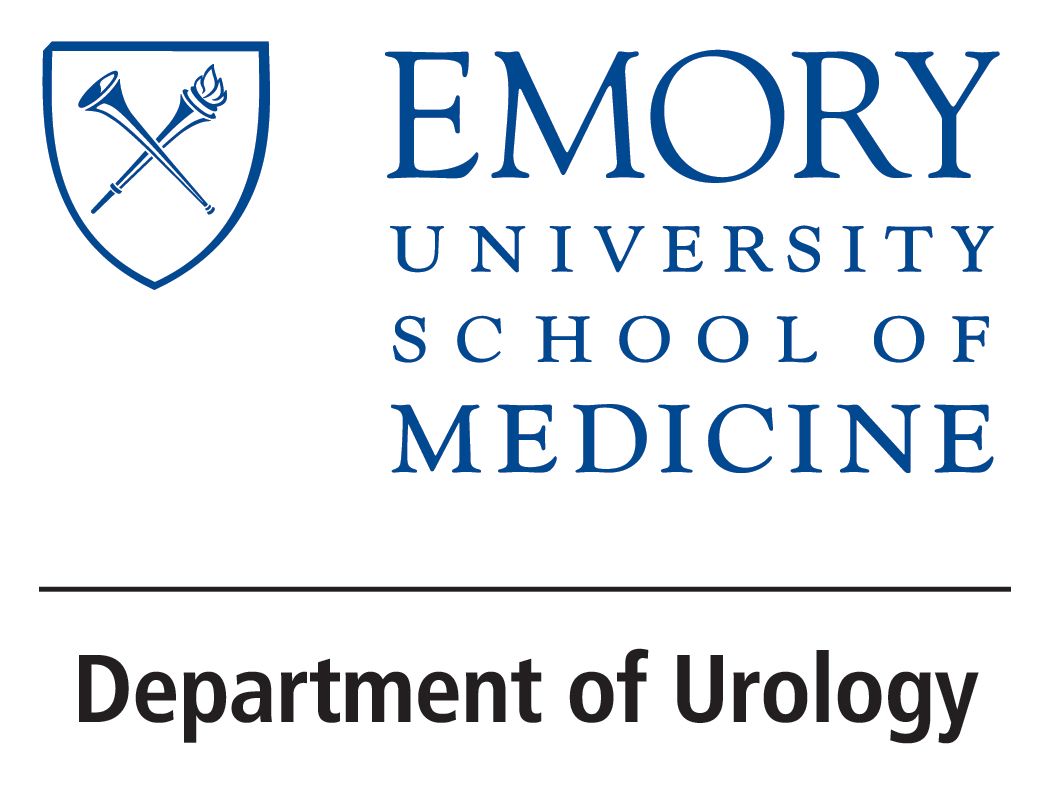
Ernest Morton, MD, shares initial findings on the use of an AI scribe

Key Takeaways
- AI scribe usage significantly reduces note completion time, enhancing billing efficiency and speed.
- Physicians spend 20% to 30% less time on documentation during nights and weekends with AI scribes.
“Physicians are spending, depending on how much they utilize it, 20% to 30% less time on nights and weekends,” says Ernest A. Morton, MD, MBA, MS.
In this video, Ernest A. Morton, MD, MBA, MS, shares initial findings on a study assessing the use of an AI scribe. Morton is a PGY-3 resident at Emory University School of Medicine in Atlanta, Georgia.
Video Transcript:
The general results are that from the Abridge or the AI scribe [study], the time to completion of notes is significantly shorter, which ultimately allows us to bill more efficiently and bill quicker. Physicians are spending, depending on how much they utilize it, 20% to 30% less time on nights and weekends. The initial survey data that we have from physicians [shows] that it's improving their own clinical experience. It's removing the computer or barrier between them and the patient, and it allows them to really engage with the patient and not have to be distracted. That's some of the initial things.
This transcript was AI generated and edited by human editors for clarity.
Newsletter
Stay current with the latest urology news and practice-changing insights — sign up now for the essential updates every urologist needs.






